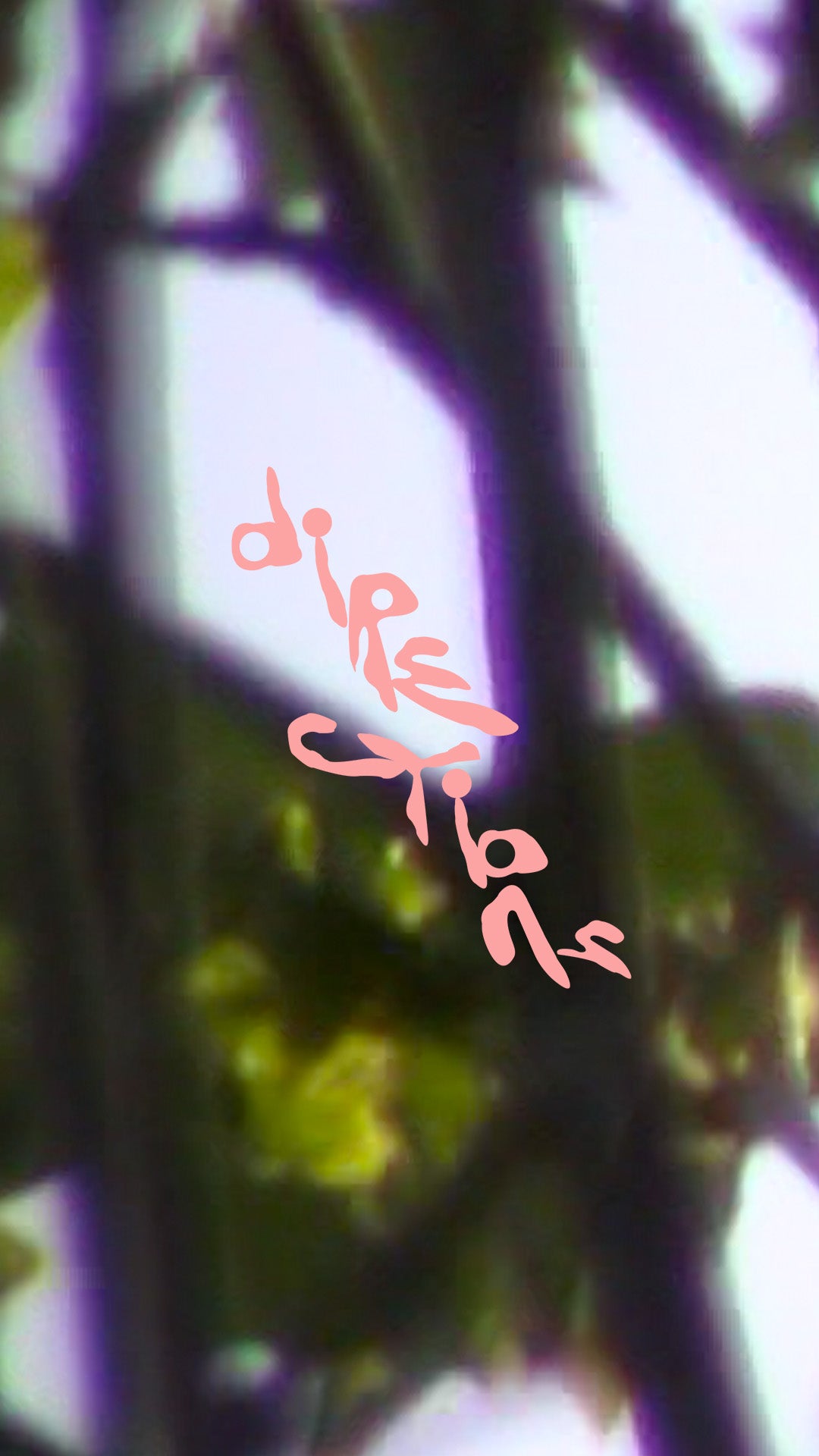
Directions 006
by Daniel Noguera
·
Directions is an initiative towards reflection, intention. Nicky is one of my biggest inspirations for investigating both peace and internal violence through suffering - he also happens to be one hell of a writer. Directions is a journal of his inspiration and insight. I hope it brings you some midweek mindfulness, and inspires you to explore as well.
__
Week 6
There’s an assignment I’m having trouble completing. And it’s not because I fear I’m not up to the task (if there’s one direction I lean it’s towards the ambitious). It’s something I am having a hard time defining. How do I put to words the thing that’s deepest inside us, all of us, that makes us who we are? That same thing that if we lost it we wouldn’t even know how to describe it in order to get it back.
It can’t be explained away by the heady materialist or snappy neologisms of a too-sure writer.
Though there are field tests to help us do a bit of sorting. Every time we near the limits of what we’re capable of, whether that be intellectually, physically or spiritually, we are granted access to this rapacious urge to push ourselves even further. In that way it feels conversational, what we are exchanging is our external and internal worlds. John Berryman claims that it’s the luckiest artist who gets closest to his suffering up the point of death. I’m not so fiery in my approach. At least not in the way that it requires such commitment to loss, such annihilation. I’m much more partial to the understanding that it’s the slow erosion built into a liturgy of doubt; revealing as it removes, those parts of ourselves (and subsequently this life) that are most true. Those brackish moments of discomfort, clearly between two (or, more likely, several) ideas make the discomfort worth it.
No matter the result of this process, it’s clear to me the most honest way to move forward is by paying the things of this life our attention. “Everything is in surfeit of glory,” Ammons says. In his poem ‘Still’ he describes an attempt to find what is lowest among him as a means to measure his significance. But in all his searching he can’t find a single article that doesn’t offer the opportunity for transfiguration, some magnificence waiting to be resurrected. Closely, this discussion with ourselves and with one another ideally make clear that it’s not our capacity for suffering that makes us who we are but what we use that potential to reveal in ourselves. In this way, being attentive not only feels honest but is possibly the most radical stage of waiting.